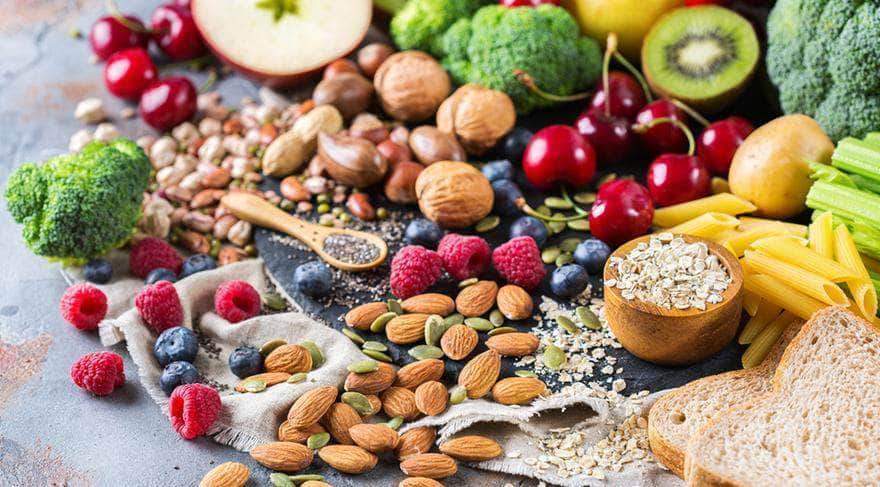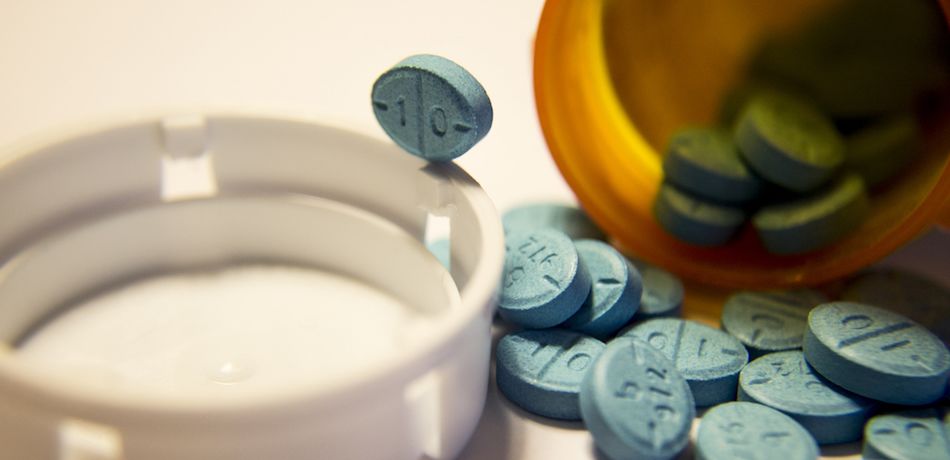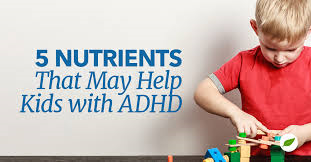
Editor’s Note: We feel it’s important to introduce you to cutting-edge innovations in the management of ADHD. Just like Coaching offers a supplement or alternative to traditional medication, there is a relatively new approach to what we like to call “Activating the Brain” that shows a great deal of promise. This article on “Medical Foods” is a bit more scientific than our usual Guest Expert post, but we hope you’ll work your way through the science, because the underlying message – that there is a nutritional component to managing ADHD – is important to the future of ADHD treatment and management. ~ Elaine & Diane
What are Medical Foods?
Medical foods support patients in managing nutritional needs that are associated with specific diseases or disorders.
Medical foods are defined under the Orphan Drug Act as “a food which is formulated to be consumed or administered under the supervision of a physician, and which is intended for the specific dietary management of a disease or condition for which distinctive nutritional requirements, based on recognized scientific principles, are established by medical evaluation.”
In English, this means that medical foods are regulated in a category by themselves. You can think of them somewhere between dietary supplements and prescription drugs, administered under medical supervision. Medical foods are available to support a number of different medical conditions, including brain-related health challenges.
The medical foods market has grown significantly in the last fifteen years. Diseases such as Metabolic syndrome, Depression, Sleep disorders, Hypertriglyceridemia, ADHD, and Alzheimer’s disease are continuously being targeted in medical food development. The nutritional needs of an individual in a disease state can be considerably different from those of healthy individuals; therefore, recognizing and managing these specific needs should be an integral part of the management of such clinical conditions.
Among the medical foods that are currently in the market, we can find Deplin® (Nestle) a medical food containing L-methylfolate, the active dietary form of the vitamin B9, prescribed for the dietary management of depression. Other examples are Vascazen® (Pivotal) a prescription medical food intended for the dietary management of omega-3 deficiency in patients with Cardiovascular Disease (CVD) and Vayarin® (VAYA Pharma) a medical food containing a unique patent protected composition that was clinically shown to manage ADHD symptoms in children with limited side effects.
Unique Nutritional Needs in Children with ADHD
Over the past 50 years it has been shown that diet influences the structure and functioning of the brain, while it develops and as it matures. It has been established that different aspects of brain functioning, such as energy delivery, supply of building blocks to the brain and anti-oxidative activities, are influenced by specific food ingredients.
Furthermore, many indications point out that children with ADHD actually need specific nutrients that cannot be met by the modification of their normal diet alone. The need for enhanced nutrition can exist for many different reasons, including inadequate ingestion of nutrients, impaired metabolism, or increased nutritional turnover rates. Dietary management allows prescribers to provide nutritionally based, tailored solutions, to meet the specific nutritional needs associated with an individual’s disease or disorder.
Several studies have shown that children with ADHD have lower blood concentrations of omega-3 long chain polyunsaturated fatty acids (LC-PUFA) (commonly known as fish oil), compared to children without ADHD symptoms. While these studies appear to show a definite correlation between reduced levels of omega-3 and ADHD, the reasons behind this correlation remain unclear.
As for fish oil, several clinical studies have evaluated the effect of its supplementation in children with ADHD. The results are inconclusive.
A Novel Dietary Management Approach for ADHD (or: A Quick Science Lesson)
Phospholipids are the molecules that make up the basic structure of any cell membrane, protect the cell and enable its communication with neighboring cells. Sixty percent (60%!) of our brain’s dry weight are phospholipids. This is why they have been targeted for the development of medical foods with the goal of restoring normal brain function in general, and aiding in the management of ADHD in specific.
It is important to understand that Omega-3s (as we call them), or DHA and EPA as we read their names on labels, are recognized by the body when they are carried by a molecule called PS (Phosphatidylserine). PS efficiently directs Omega 3s to the brain. That is why Phospholipids have proven to be an interesting target for the development of medical foods for ADHD. PS containing omega-3 (Vayarin®), for example, has been clinically shown to manage ADHD symptoms in children. Further trials are recruiting now in the US and the EU.





